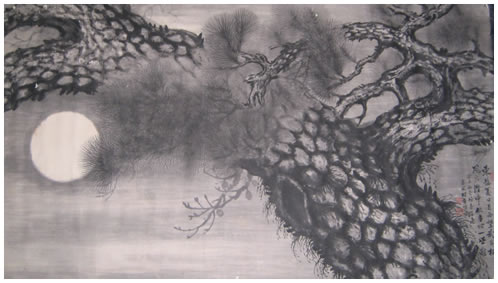September 29th
Does the plowman plow every day to plant seed? Does he continuously break up and cultivate the soil? Certainly… bread grain is crushed, but is not crushed endlessly.
Isaiah 28:24,28 (HCSB)
Batter my heart, three-person’d God, for you
As yet but knock, breathe, shine, and seek to mend;
That I may rise and stand, o’erthrow me, and bend
Your force to break, blow, burn, and make me new.
I, like an usurp’d town to another due,
Labor to admit you, but oh, to no end;
Reason, your viceroy in me, me should defend,
But is captiv’d, and proves weak or untrue.
Yet dearly I love you, and would be lov’d fain,
But am betroth’d unto your enemy;
Divorce me, untie or break that knot again,
Take me to you, imprison me, for I,
Except you enthrall me, never shall be free,
Nor ever chaste, except you ravish me.
Because it’s a classic, and I’m feeling self-indulgent, and because I’m still steaming mad about the article on the ‘eroticism’ of George Herbert that I read two years ago. Erotic metaphor has a long and variable history, but no one who has anything even remotely approaching a temper can interpret Herbert’s passion as even the most sublimated sort of eroticism. Hopkins, yeah, probably. Donne, definitely. Paul, Augustine… Hildegard of flipping Bingen, sure. But that is emphatically not Herbert’s focus.
On a related note, I really liked Sayers’ (I think it was in Catholic Tales) use of the whole troubadour meme to expand on the Christ and the Bride metaphor, with Christ as a wandering minstrel whose ‘rivals’ have ‘weirded him to wander through black enchanted lands’ with ‘his red robes gone to ruin and his riches gone to wrack:’
Singing ‘Lady, lady, will you come away with me?
Was never man lived longer for the hoarding of his breath
Here be dragons to be slain, here be rich rewards to gain…
If we perish in the seeking, why, how small a thing is death!’
It’s probably a little bit heretical, but… *shrug*
Sorry I’m too lazy to look the rest of it up. See above about self-indulgence.
Anyway, Happy Michaelmas to anyone who cares, and this evening should be the beginning of Rosh Hoshanah, which isn’t exactly a harvest festival, but the timing is related to Sukkot, so… close enough.

